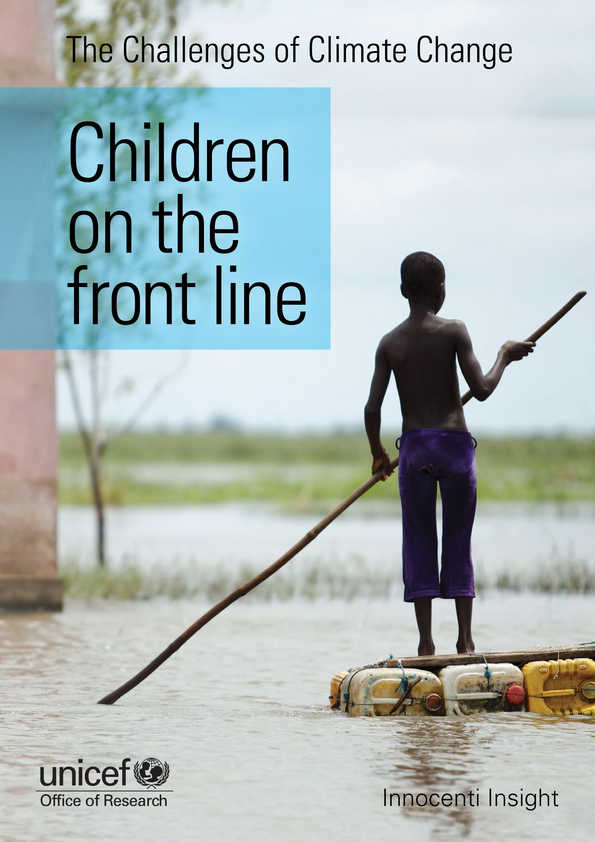By Education Correspondent
SADC Minister’s overseeing education are converging in Harare, Zimbabwe to strategise on policy and frameworks that can be utilised to upscale technology in education as a follow-up to the 2020, SADC Vision 2050 and Regional Indicative Strategic Development Plan (RISDP) (2020-2030).
“As you may be aware, in August 2020, Summit approved the SADC Vision 2050 and Regional Indicative Strategic Development Plan (RISDP) (2020-2030). Both frameworks highlight Education and Training and Science, Technology and Innovation as critical components of regional integration. Deputy Executive Secretary for Regional Integration, MS. Angele Makombo N’tumba said.
Furthermore,”Accordingly, this meeting, will review and approve a number of key sectoral policies, strategies and frameworks towards the realisation of the SADC Vision of “a peaceful, inclusive, competitive, middle to high income industrialised region, where all citizens enjoy sustainable economic well-being, justice and freedom.” N’tumba highlighted.
The meeting is also expected to underscore the role of education in development,consider the Report on the operationalisation of a regional University, national qualifications framework, among other key educational enablers.
“A country’s development is determined by its education system. Therefore as we gather, we must pay attention to how we can a) enhance access to Quality Education for all, with a focus on STEM education and digital literacy is critical. b) foster a culture of innovation and entrepreneurship to drive economic growth and job creation.” Zimbabwe’s Minister Of Higher AND Tertiary Education , Innovation, Frederick Shava said.
“The Honourable Ministers will also consider the Report on the Operationalisation of the SADC University of Transformation. The proposed University aimed to enhance human capital by producing graduates in three priority value chains; Pharmaceuticals, Mineral Beneficiation and AgroProcessing.” N’tumba highlighted.
On the other hand, “To date, 14 Member States have either developed or in the process of developing their national qualifications framework which is very crucial in promoting the mutual recognition of qualifications across the Member States.” N’tumba reiterated.
Education remains a key enabler for development and it remains a eyesore owing to legacy colonial issues, corruption, drug abuse that SADC’s educational systems remain archaic as technological toolremain in short supply despite public and private interventions.

